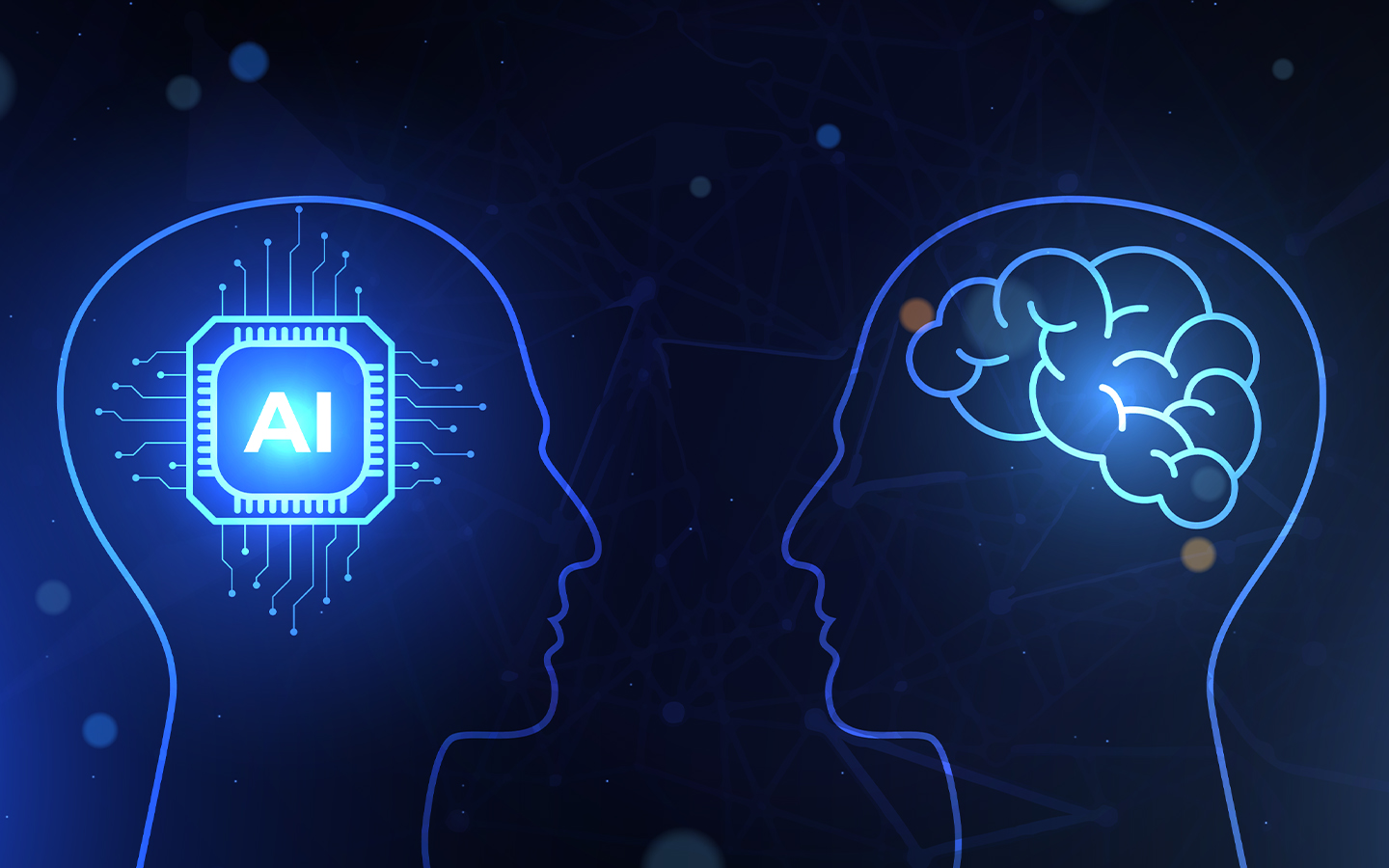In the realm of AI production planning, the integration of AI and human expertise represents a transformative shift. AI algorithms, like those employed by QLECTOR’s tools, can process vast amounts of data in real time, identifying patterns and trends that might elude even the most experienced human planners. This computational power allows for the optimization of production schedules, ensuring efficiency and reducing downtime. However, the true magic happens when this AI-driven data is combined with the nuanced understanding and experience of human planners.
Human expertise is irreplaceable when it comes to understanding the context and intricacies of a manufacturing environment. Planners and shift leaders bring a wealth of knowledge about their specific production lines, the idiosyncrasies of their workforce, and the subtle demands of their clients.
Human knowledge is crucial for interpreting AI recommendations and making informed decisions that align with broader organizational goals.
Collaboration with QLECTOR’s tools
QLECTOR LEAP serves as an AI cognitive co-pilot, guiding decision-making processes while leaving room for human judgment. Planners use these tools to fine-tune schedules, adapting them to dynamic production needs and unforeseen changes. For instance, if a sudden equipment malfunction occurs, the AI can quickly generate an optimized contingency plan, but it’s the planner who assesses its feasibility and executes the necessary adjustments.
This collaboration extends to shift leaders who oversee day-to-day operations. With real-time insights provided by QLECTOR LEAP, they can ensure that production stays on track and can swiftly respond to any deviations from the plan. Their hands-on experience allows them to manage their teams effectively, balancing the need for immediate action with the strategic insights provided by AI.
The delicate balance of man and machine
The integration of AI in production planning is not about replacing human workers but about enhancing their capabilities. AI handles data-heavy tasks, freeing up human planners and shift leaders to focus on strategic thinking and problem-solving. This partnership ensures that production processes are not only efficient but also adaptable to the ever-changing demands of the manufacturing industry.
By leveraging the strengths of both AI and human expertise, companies can achieve a level of operational excellence that neither could accomplish alone. AI production planning fosters a resilient and responsive production environment, capable of navigating the complexities of modern manufacturing with agility and precision.
To wrap up
In conclusion, the future of production planning lies in the harmonious integration of AI algorithms and human knowledge. Tools like QLECTOR LEAP exemplify how this synergy can lead to enhanced productivity, shorter lead times, and higher inventory turnover. By embracing this partnership, manufacturers can ensure they remain competitive in a rapidly evolving industry, leveraging the best of both worlds to drive success.
